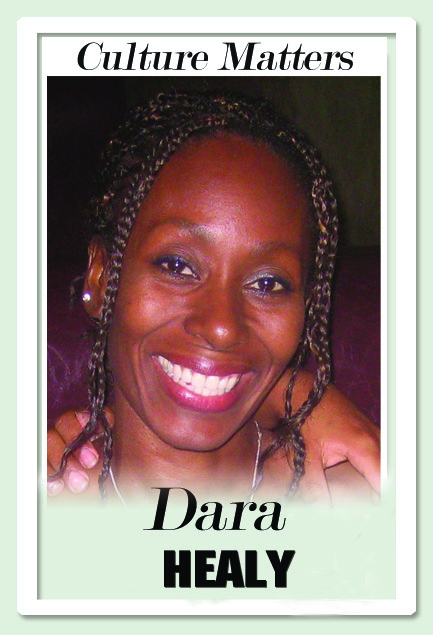Of Carnival and democracy

AS THE world looks on at the second impeachment of the United States president, the "fragility of democracy" is a phrase often repeated by journalists and talk show hosts. Notions of freedom of speech, the voice of the people and basic human rights are being dissected as history continues to collide with the present.
While others contemplate these issues, in TT the cancellation of Carnival may well provoke some questions of our own. Do people have a right to Carnival? Is it democratic to make decisions about the culture of a people without consulting them?
Can culture be viewed with the same seriousness as the right to vote or express sexual identity? What are the connections between culture and democracy?
Online searches for TT Carnival show the word "cancelled" next to the 2021 schedule. Yet, almost daily I am asked to share e-flyers for upcoming Carnival events. This week, I saw that 12 people are competing in the Chutney Soca semi-finals. Oh and Kambule, the play that commemorates how it all started, well that too is happening.
It seems that as in the 1800s, there is still a split understanding of the meaning of Carnival. For instance, although some online blogs, websites and intellectuals still allege that in TT we celebrate Carnival influenced by French masquerade traditions, thoughtful researchers have documented otherwise.
Masking traditions across Africa predated incursions by European raiders. From the Ashanti kingdom to ancient Saharan deserts, masking was part of complex cultural rituals. Critically, masks suggested “spirit-associated transformations whereby the wearers cancel or obliterate their personalities.”
Today, the Gelede masquerade still practised in Nigeria, is a combination of masking and costumes designed to celebrate the female form. Our Dame Lorraine masquerade draws from this, as well as the curious practice of men dressing in women’s clothing on J’ouvert morning. The point is, Carnival is rooted deep within the cultural fabric of this nation.
As such, the question of a right to culture goes beyond legal or political norms. UNESCO defines culture as “the set of distinctive spiritual, material, intellectual and emotional features of society or a social group, and that it encompasses, in addition to art and literature, lifestyles, ways of living together, value systems, traditions and beliefs.”
Simply phrased, culture emanates from within the people. It is not a right that can be bestowed, because it simply is.
However, it may surprise you to know that as early as the 1680s, Hans Sloane asserted that trumpets and drums were banned because these "incited the Africans to rebellion." Across the Caribbean, laws were passed banning music and dance as well.
In TT, banning was also used as a strategy to limit activities related to Carnival almost immediately after legal Emancipation in 1838. By 1858, Governor Keate tried to stop Carnival by arresting those wearing masks in defiance of the 1849 Ordinance. The following year masqueraders pelted police with a “volley of stones” and it seems they were left alone for the most part until 1868.
In this year, laws were enacted to prevent “...the playing or dancing to any drum, gong, tambour, banjee or chac-chac between the hours of ten in the morning and six o’clock the next day.” Lighted torches, dances and horns were banned. In effect, almost every aspect that was integral to Carnival celebration.
But this is only part of the story. Democracy often witnesses a struggle between the powerful and the oppressed, or between those who control information that is disseminated to the people and what the people know to be the truth.
In TT, Carnival was often the context for contestation between the elite and rest of society. By the 1840s, not long after Emancipation, the media, privileged classes and Catholic leaders brought pressure to bear on the colonial government.
At the same time, the French dressed up during Carnival time as Negre Jardin not simply to have fun, but to re-assert their position of power in the society. They could make the very serious joke of dressing as persons they once enslaved; their power did not require them to consider the sensibilities of the people they were imitating.
In 2021, 140 years after another major confrontation to save Carnival, we are once again channelling the rebellious energies of the stick fighters. I would not say our democracy is fragile, but certainly we continue to question our own reality of government of the people, by the people, for the people.
More on this next week.
Dara E. Healy is a performance artist and founder of the Indigenous Creative Arts Network – ICAN.

Comments
"Of Carnival and democracy"